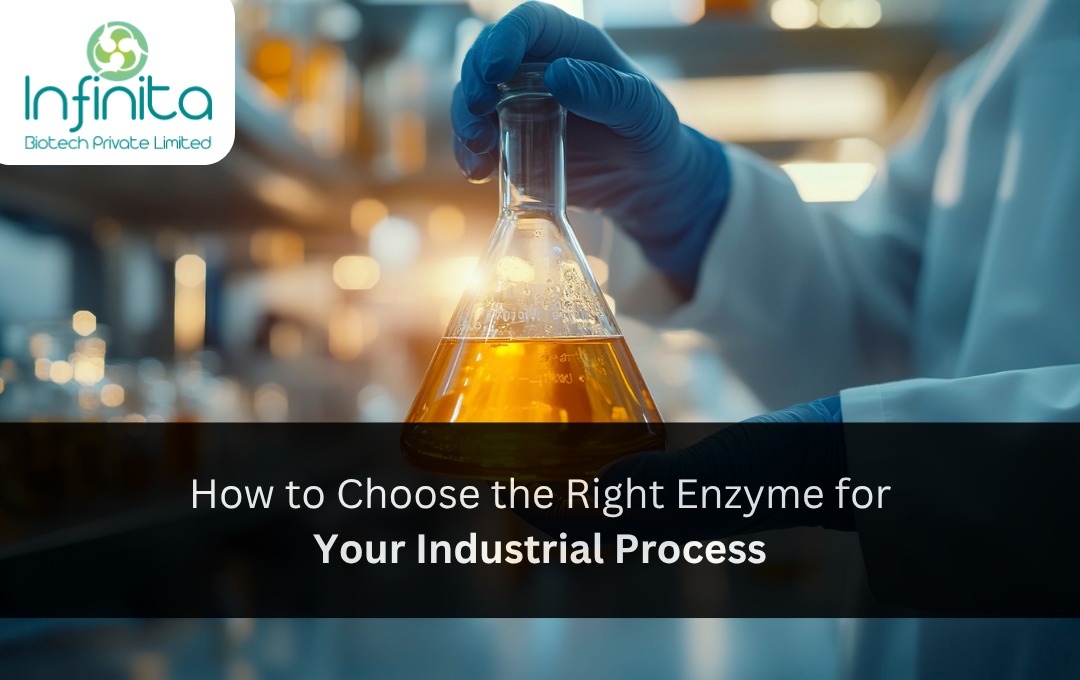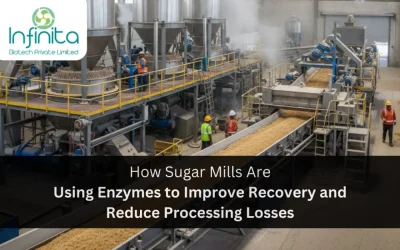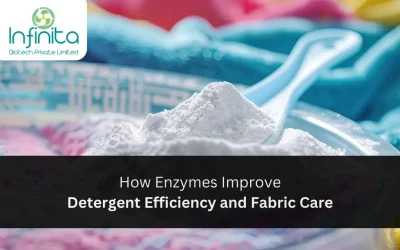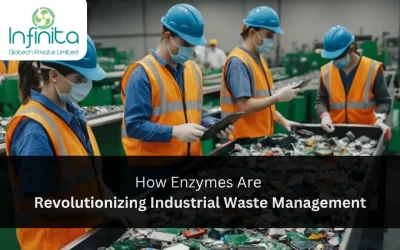Understanding the Importance of Enzyme Selection
Industrial processes across sectors such as food and beverage, textiles, detergents, biofuels, and pharmaceuticals increasingly rely on enzymatic solutions for efficiency, sustainability, and product quality. However, the benefits of enzymes are maximized only when the right enzyme is chosen for the specific application. Selecting an inappropriate enzyme can lead to suboptimal performance, higher costs, and potential process disruptions.
In this article, we explore the key considerations for choosing the ideal enzyme for your industrial process, ensuring optimal efficiency, cost-effectiveness, and compliance with environmental standards.
Understanding the Role of Enzymes in Industrial Applications
Enzymes are biological catalysts that accelerate chemical reactions without being consumed in the process. Unlike traditional chemical catalysts, enzymes function under mild conditions—typically near room temperature and neutral pH—reducing energy consumption, minimizing equipment wear, and producing biodegradable by-products.
In industrial settings, enzymes are tailored to perform specific functions such as breaking down starches, proteins, fats, or cellulose, making it crucial to match enzyme specificity with the process requirement.
Key Factors to Consider When Choosing an Enzyme
Selecting the right enzyme involves evaluating multiple parameters that directly impact efficiency, cost, and product quality. Below is a detailed breakdown:
| Factor | Considerations | Impact on Process |
|---|---|---|
| Substrate Specificity | An enzyme must act on the intended raw material or substrate | Ensures high efficiency and minimal wastage |
| Optimal Conditions | Temperature, pH, and ionic strength requirements | Maximizes enzyme activity while reducing energy costs |
| Enzyme Stability | Resistance to heat, pH fluctuations, and inhibitors | Extends enzyme life and reduces dosage frequency |
| Compatibility with Process | Interaction with other chemicals, detergents, or additives | Prevents side reactions and maintains product quality |
| Regulatory Compliance | Food-grade, pharma-grade, or industrial certifications | Ensures legal compliance and safety standards |
| Cost Efficiency | Initial cost vs. total operational savings | Optimizes ROI through energy, waste, and maintenance savings |
Energy Efficiency and Operational Benefits
Choosing the right enzyme has a direct impact on energy usage and operational efficiency. Enzymes that are optimized for mild process conditions reduce the need for high temperatures, strong chemicals, or intense agitation. This not only lowers energy bills but also minimizes carbon emissions, aligning operations with global sustainability and ESG goals.
Waste Reduction and Environmental Compliance
Enzymatic processes produce biodegradable by-products, significantly reducing the burden on effluent treatment plants. Selecting an enzyme suited to your specific process ensures minimal generation of toxic waste, lowering compliance costs and enhancing your company’s environmental credibility.
Quality and Yield Advantages
Industries such as food, beverages, textiles, and biofuels benefit from enzymes that offer high specificity and consistency. The correct enzyme can improve product yield, texture, flavor, and stability while minimizing defects and waste. For example, in textile bio-polishing, a carefully chosen cellulase improves fabric smoothness and color retention while reducing water usage.
Long-Term Cost Perspective
While the right enzyme may have a slightly higher upfront cost, the total operational savings—from energy efficiency, reduced maintenance, lower chemical use, and improved yield—ensure a strong return on investment. Additionally, enzymes provide predictable performance even as raw material prices fluctuate, offering stability in industrial operations.
Conclusion: Optimize Your Industrial Process with the Right Enzyme
Selecting the right enzyme is not just a technical decision—it is a strategic choice that affects efficiency, sustainability, and profitability. By evaluating factors such as substrate specificity, optimal conditions, stability, compatibility, compliance, and cost-effectiveness, industries can harness the full potential of enzymatic processes.
At Infinita Biotech, we help industries identify and implement the ideal enzymes for their unique processes. Our customized enzymatic solutions enhance efficiency, reduce costs, and support sustainable growth—empowering businesses to lead the next wave of eco-efficient innovation.
Contact our experts to learn how the right enzyme can transform your industrial operations and drive long-term success.

 Summarize this Article with AI
Summarize this Article with AI






